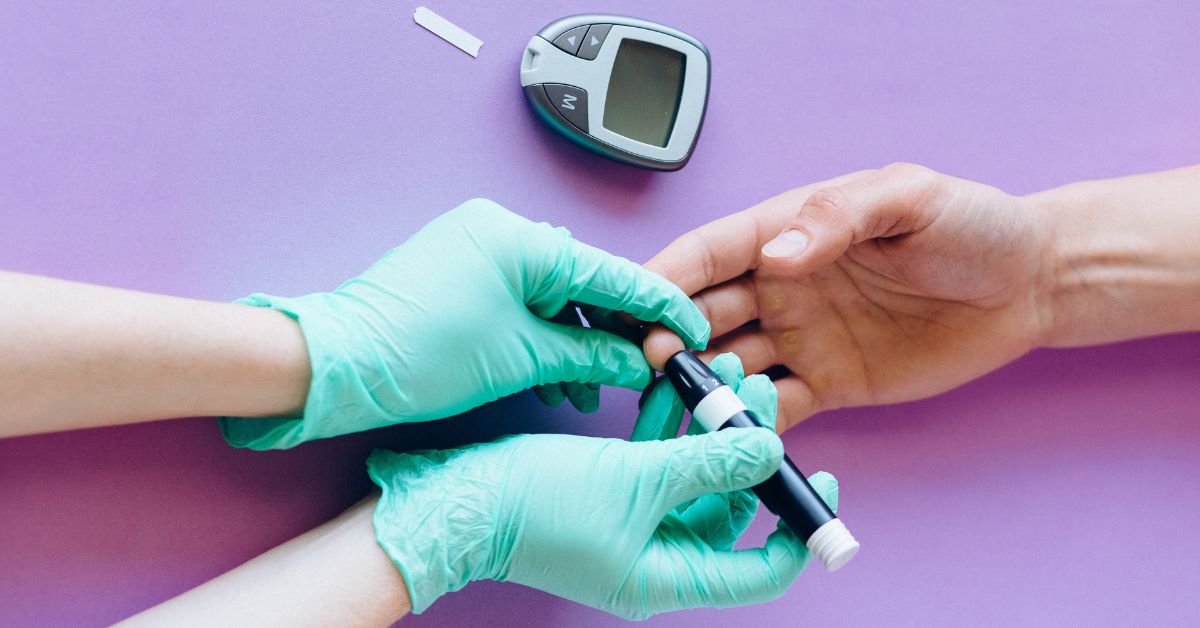Type 1 and Type 2 diabetes are often confused but they’re very different. Learn how each condition develops, who’s at risk, and how they’re treated.
Diabetes is one of the most common chronic health conditions in the Bahamas and around the world. But not all diabetes is the same. Type 1 and Type 2 diabetes have different causes, risk factors, and treatments and understanding those differences is key to better management and prevention.
💉 What Is Diabetes, Exactly?
Diabetes is a condition that affects how your body processes blood sugar (glucose), which is your main source of energy. The hormone insulin, made by the pancreas, helps move sugar from your blood into your cells.
In both Type 1 and Type 2 diabetes, something goes wrong with this process but in very different ways.
💡 Quick insight: Blood sugar that’s too high for too long can damage organs, nerves, eyes, and blood vessels.
🔬 Type 1 Diabetes: An Autoimmune Condition
Type 1 diabetes usually starts in childhood or early adulthood, though it can develop at any age. It happens when the body’s immune system mistakenly attacks the insulin-producing cells in the pancreas.
- Who’s at risk? Often genetic; not linked to lifestyle or weight.
- How is it treated? People with Type 1 diabetes need daily insulin injections or an insulin pump.
- Can it be prevented? No, but with proper management, people can live full, active lives.
💡 Pro tip: Blood sugar monitoring is essential for people with Type 1. Many use continuous glucose monitors (CGMs) for real-time tracking.
🍽️ Type 2 Diabetes: Often Lifestyle-Related
Type 2 diabetes is far more common and typically develops in adults, though rates are rising among younger people. With Type 2, the body either doesn’t make enough insulin or the cells stop responding properly to it (a condition called insulin resistance).
- Who’s at risk? People who are overweight, inactive, or have a family history.
- How is it treated? Often managed with diet, exercise, and medication; some may eventually need insulin.
- Can it be prevented? In many cases, yes, through lifestyle changes and early detection.
💡 Pro tip: Weight loss, even a modest amount, can significantly improve blood sugar control in Type 2 diabetes.
🩺 Why the Distinction Matters
While both types involve high blood sugar, the underlying mechanisms, risk factors, and treatment plans are entirely different. Accurate diagnosis is crucial for choosing the right treatment path and avoiding complications.
Knowledge Is Power… And Prevention
Understanding the difference between Type 1 and Type 2 diabetes empowers you to take charge of your health. Whether you’re managing your own condition or supporting a loved one, the right information makes all the difference.
📞 Call (242) 702-9310 to schedule a diabetes screening or consultation with our Diabetes Educator Nurse Anita Cates.

